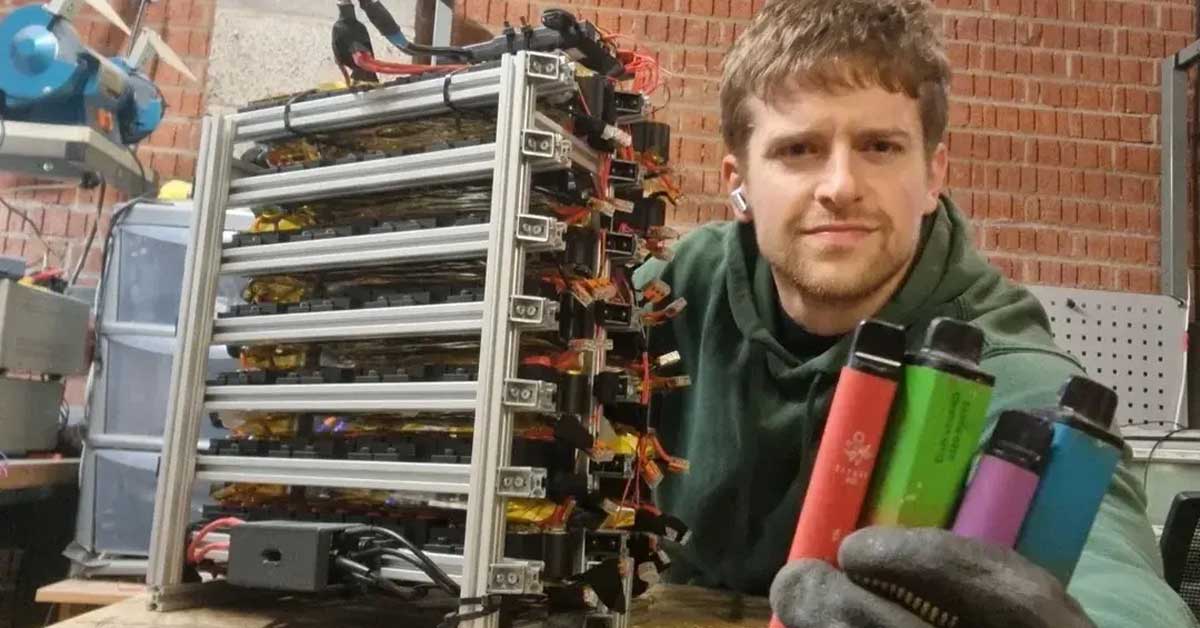Every summer, an average of 37 children die in hot cars in the United States. According to the National Highway Traffic Safety Administration, that’s about two lives lost every week during the summer months.
Over half of these deaths occur because a caregiver forgets their child is still in the car. And over half of these deaths are among children under the age of 2.
“1016 children have died in hot cars due to Pediatric Vehicular Heatstroke since 1998,” the website noheatstroke.org shares. “All of these deaths could have been prevented.”
When Louisiana State University engineering students Victoria Irondi, Nnamdi Dike, and Trevor Perrault learned about these statistics, they were moved to take action.

“After learning about the families affected by these incidents, we felt a deep responsibility to develop a solution that could help prevent such tragedies and protect vulnerable lives,” Perrault, an electrical engineering major, said in a statement for the university.
What began as their capstone project, a requirement for graduation, has become a real-life application designed to prevent these tragic deaths.
The trio has designed a smart alert system that uses weight and proximity sensors to detect when a child is left unattended in a car.
“If the caregiver moves too far away while the child is still present, the system sounds an alarm and sends a Bluetooth alert to a separate fob device, with the option to expand into additional notifications,” Irondi, an electrical engineering major, explained.
The project had a personal element to it: Their sponsor, David Jenks’ close family friends tragically lost their baby last summer.
“This project was not just an academic project or challenge; it was a personal and emotional journey,” Dike said in a statement.
Once they had decided to take on the project, with Jenks’ support, the team held regular meetings, shared code, built prototypes together, and consistently built new iterations based on testing results.
Their hard work paid off, and the students were honored earlier this month by the Louisiana Highway Safety Commission and the Louisiana Passenger Safety Task Force, receiving awards at the annual Child Passenger Safety Conference, where they were celebrated by an audience of leaders in the field.

“We’re proud to have created something that honors the families affected by this issue,” Perrault said, “and we are excited about the potential impact this device can have in making vehicles safer for children.”
All three students have received their diplomas this May and now have plans to perfect their prototype. Their goals include improving sensor reliability, minimizing power consumption, and making the design smaller for easier adoption into commercial car seats.
Irondi said the group is eager to explore mass production partnerships or pitch the design to companies that make child safety products.
“Our device is a practical, affordable tool that can make a difference in every lives,” Irondi said.
“The capstone initiative demonstrates how student innovation can translate into real-world solutions, giving future engineers hands-on experience while addressing important societal needs.”
In the meantime, and as temperatures continue to rise this summer, the National Highway Traffic Safety Administration advises the following:
- If you see a child alone in a vehicle, make sure the child is okay and responsive.
- If they are not, call 911 immediately.
- If the child is not responsive and appears to be in distress, attempt to get into the car to assist them, even if that means breaking a window.
- Many states have “Good Samaritan” laws that protect people from lawsuits when they get involved to help a person in an emergency.
Header image by Eddy Perez/LSU



